Search
Search Results
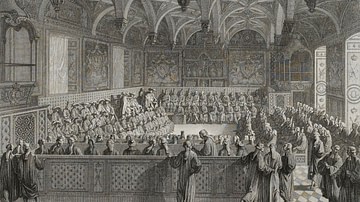
Definition
Revolt of the Parlements
The Revolt of the Parlements of 1787-1788, was the climax of a power struggle between the royal authority of King Louis XVI of France (r. 1774-1792) and the Parlement of Paris, the most powerful of France's thirteen parlements, or high judicial...
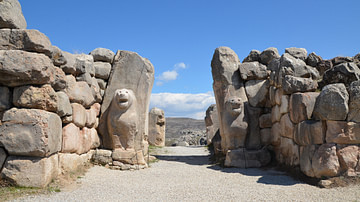
Definition
The Hittites
The Hittites occupied the ancient region of Anatolia (also known as Asia Minor, modern-day Turkey) prior to 1700 BCE, developed a culture apparently from the indigenous Hatti (and possibly the Hurrian) people, and expanded their territories...
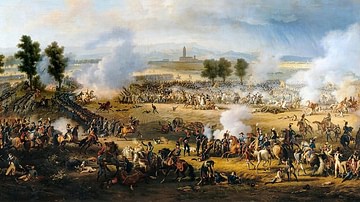
Article
Battle of Marengo
The Battle of Marengo (14 June 1800) was one of the most important battles in the career of Napoleon Bonaparte (1769-1821). It not only helped bring the French Revolutionary Wars to an end but also did much to consolidate Bonaparte's new...
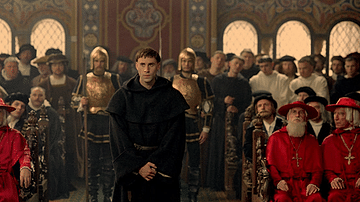
Definition
Diet of Worms
The Diet of Worms (January-May 1521) was the assembly convened by Charles V, Holy Roman Emperor to address, among other issues, the works of the reformer Martin Luther (l. 1483-1546) who openly criticized the Church. Luther was told to recant...
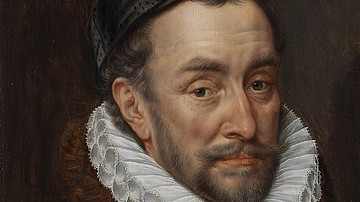
Definition
William the Silent
William the Silent (l. 1533-1584, also known as William of Orange) was the leader of the Dutch Revolt (the Eighty Years' War) in the Netherlands; first politically (between 1559-1568) then militarily (between 1568-1584). He is among the most...
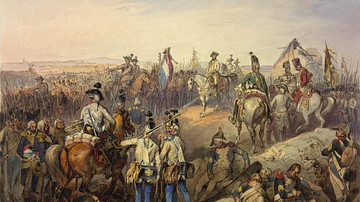
Definition
Battle of Neerwinden
The Battle of Neerwinden saw the major defeat of a French republican army by an allied force of Austrians and Dutch during the War of the First Coalition (1792-97), part of the broader French Revolutionary Wars (1792-1802). The battle drove...

Definition
Renaissance Art
The art of the Renaissance period in Europe (1400-1600 CE) includes some of the most recognisable and best-loved paintings and sculptures in the world. Masters were often skilled in both painting and sculpture, and by studying the art of...
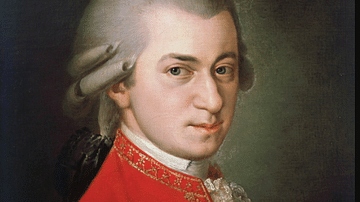
Definition
Wolfgang Amadeus Mozart
Wolfgang Amadeus Mozart (1756-1791) was an Austrian composer who wrote a wide range of works including piano concertos, string quartets, symphonies, operas, and sacred music. Regarded as one of or perhaps the greatest natural musical talent...
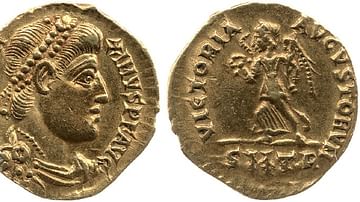
Definition
Magnus Maximus
Magnus Maximus (c. 355 - August 28, 388 CE) was a Roman usurper and Western Roman Emperor from 383-388 CE. He was a prominent general in the Roman army, particularly in the province of Britain. In 383 CE he usurped the Western throne, rebelling...
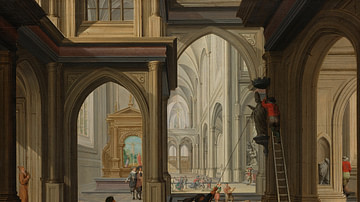
Article
Reformation in the Netherlands & the Eighty Years' War
The Protestant Reformation in the Netherlands was among the most violent and destructive of any region during the first 50 years of the movement, ultimately informing the Eighty Years' War (1568-1648), but causing massive destruction and...